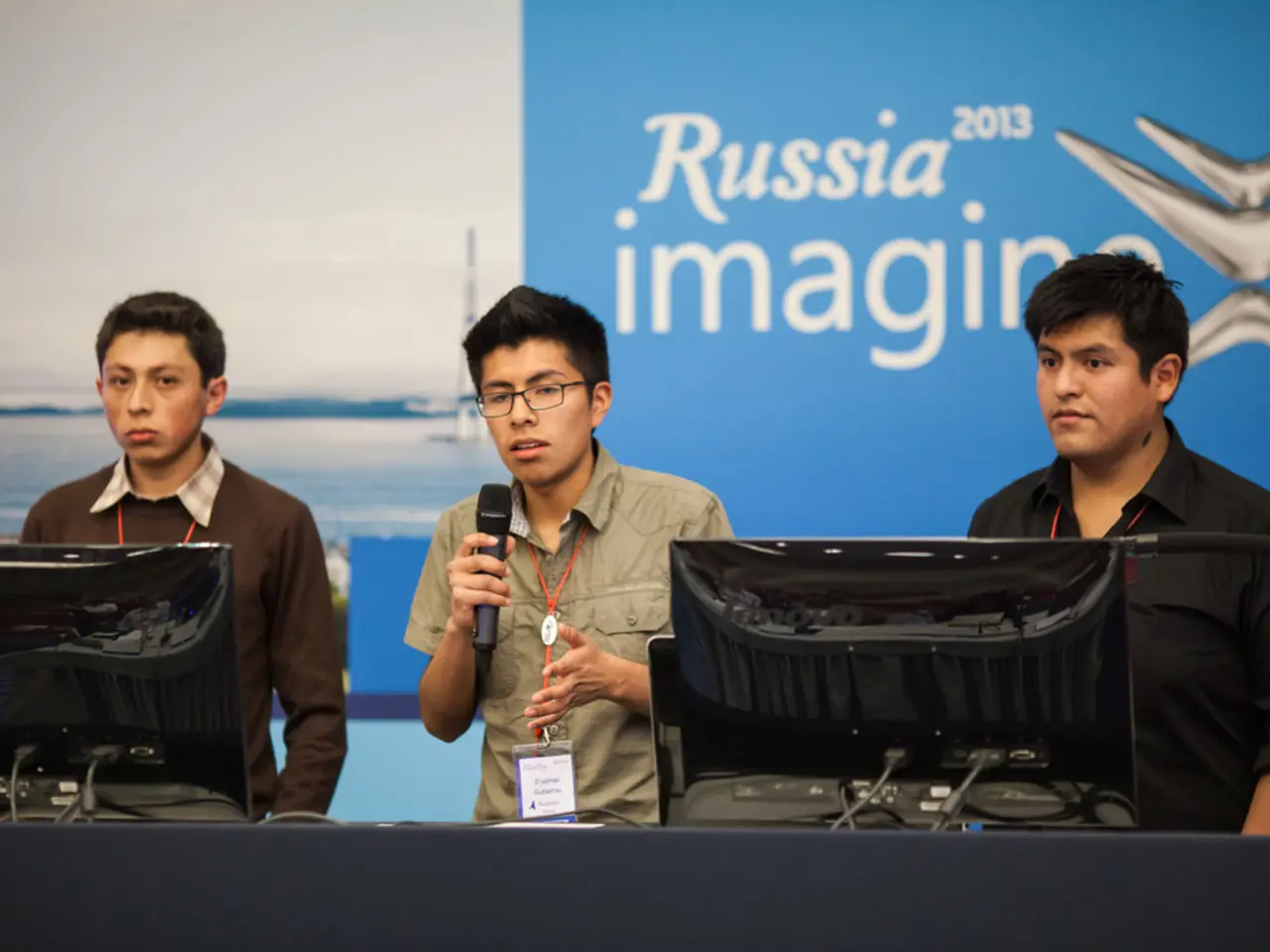Strengthening Defense against Multi-faceted menaces in the Age of Authority-driven Technology
In the rapidly evolving digital landscape, the line between security and vulnerability has become increasingly blurred. This article explores the emergence and impact of hybrid threats, the misuse of technology, and the responses from various nations across Asia and beyond.
Bangladesh
Reliance on Chinese telecom companies has exposed Bangladesh to potential risks of external monitoring and targeting. Surveillance and spyware have been reportedly used against civic and oppositional actors, while a Bangladesh-based network linked to the former ruling party was dismantled by Meta for disseminating disinformation to domestic audiences.
India
India, too, has seen the adoption of AI-based biometrics, initially pioneered for welfare, now being utilised by the police. This shift raises concerns about potential misuse and the erosion of privacy.
Philippines
In 2023, a ransomware attack on the Philippines' health insurance programme paralysed services and exposed the data of over 13 million citizens, highlighting the devastating consequences of such attacks. Independent outlets in the Philippines have also been targeted by cyberattacks, obstructing reporting.
Singapore
Singapore's Total Defence doctrine and Whole-of-Nation Approach view civil society as a frontline security actor, underscoring the importance of collective responsibility in cybersecurity.
Vietnam
Drones developed for civilian use in Vietnam are now under military control, reflecting a broader trend of state control over technology.
ASEAN and Europe
ASEAN's joint cybersecurity drills provide a model for independent audits, while the European Union seeks to set standards through the Digital Services Act and the AI Act. However, the EU risks an inward focus at a time when technology is irreducibly transnational.
Global Trends
The spread of general-purpose artificial intelligence has expanded the risks, scope, and reach of technological misuse. China and Russia have been the most notable countries in recent years to deliberately expand the use of generally accessible artificial intelligence to strengthen authoritarian technologies.
Meanwhile, the US continues to resist binding regulation of platforms and AI, threatening tariffs on countries that regulate its tech. The Federal Trade Commission has warned US firms that compliance with EU or UK tech laws could compromise Americans' speech rights and privacy.
Indonesia
Foreign actors can target Indonesians with plausible deniability, as demonstrated by the presence of organized "buzzer" networks manipulating domestic discourse.
In conclusion, the interplay between hybrid threats, technological misuse, and geopolitics is increasingly complex and multifaceted. As technology continues to evolve, it is crucial for nations to navigate this landscape with vigilance, cooperation, and a commitment to upholding digital rights and freedoms.
Read also:
- Trump's upcoming trip to the UK combines business discussions on trade and technology with the grandeur of royal ceremonies
- Transforming Engagement Capabilities for Future Battlefields: The Elevated Brigade Combat Unit Adaptation
- Thousands of vessels presumed missing in the Persian Gulf due to navigation mishap
- "The assault is a shameful act on the part of the Russians"








